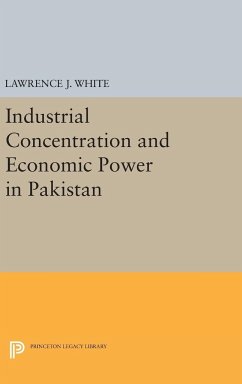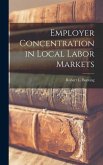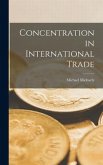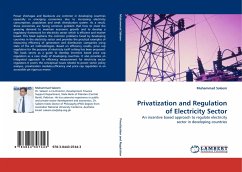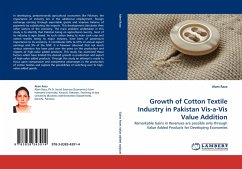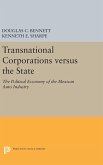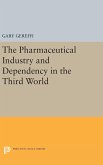Although observers of the Pakistani economy are well aware that a small number of family groups, popularly called "the twenty-two families," dominates the industrial structure of the country, the actual effects of this concentration of economic power on income distribution and on other areas of widespread social and political concern arc less well understood. In this important work, Lawrence J. White uses the concepts of industrial organization analysis to achieve an overall view of the problems stemming from the marked industrial concentration in Pakistan. After discussing the economic effects of industrial concentration as they apply generally to less developed countries, Professor White reviews the Pakistani experience, estimating the overall concentration of power that exists in manufacturing, banking, and insurance. Following an estimate of the extent of concentration in individual markets, he examines the origins of this concentration of power and analyzes its economic and noneconomic effects in Pakistan. The author concludes with a review of the policies that Pakistan has pursued in dealing with industrial concentration and suggests new courses of action for the future. Originally published in 1974. The Princeton Legacy Library uses the latest print-on-demand technology to again make available previously out-of-print books from the distinguished backlist of Princeton University Press. These editions preserve the original texts of these important books while presenting them in durable paperback and hardcover editions. The goal of the Princeton Legacy Library is to vastly increase access to the rich scholarly heritage found in the thousands of books published by Princeton University Press since its founding in 1905.
Hinweis: Dieser Artikel kann nur an eine deutsche Lieferadresse ausgeliefert werden.
Hinweis: Dieser Artikel kann nur an eine deutsche Lieferadresse ausgeliefert werden.

